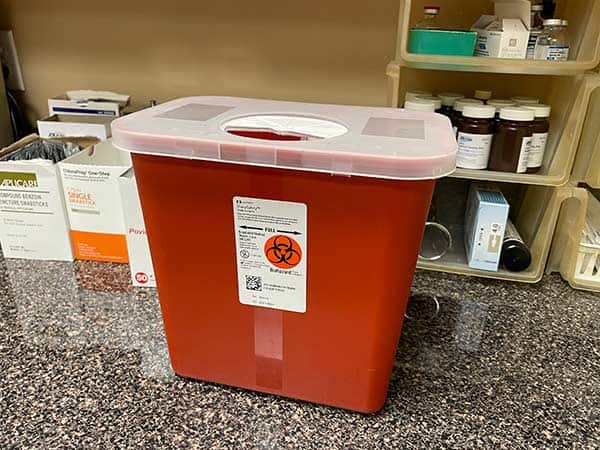WRITTEN BY WILL DABBS, MD
I don’t know where you stand on the subject of demonic possession, but I made an acquaintance at a big inner-city hospital who offered some unique insights on the subject.
Modern medicine excels at quantifying things. If more than two people suddenly start having similar symptoms, some research physician someplace is going to hang an eponym on it and celebrate having discovered a new disease.
As an example, the Fregoli Delusion is a delusional misidentification syndrome wherein the sufferer is convinced that different individuals are, in fact, a single person capable of changing their appearance at will. It was named after 19th-century Italian actor Leopoldo Fregoli. Fregoli was notorious for his ability to alter his appearance during a stage production. As you might imagine, not a lot of folks suffer from this disease.
One of the more common forms of psychosis, however, is paranoid schizophrenia. This unfortunate malady typically results in delusions and hallucinations, usually auditory, that blur the lines between what is real and what isn’t. While there are some great medications that can help treat this problem, if left to its own devices, paranoid schizophrenia can make it all but impossible to lead a normal life. And then there was Robert, who took everything to the next level.
I met Robert on a Monday morning. While on my inpatient psych rotation as a medical resident, I got weekends off. That meant that if someone showed up acting strangely in the ER over the weekend, the ER guys would just tuck them away on the psych floor. As a result, you just never knew what would be waiting for you when you showed up for work on Monday morning.
Robert was a simply incredible physical specimen. He looked like an African-American Arnold Schwarzenegger circa 1984. The guy was just huge. He was also articulate, engaging and friendly. He began acting weird over the weekend, so his family took him to the ER. Once there, he swallowed a drywall screw and the hypodermic needle off of a syringe he retrieved from the sharps container. That earned him a ticket to the psych floor.
Robert had worked in a sketchy part of town, so he began carrying a .38 revolver for protection. One day, he passed several Hispanic gentlemen on the side of the road. One of the voices in his head told him that a particular member of the group was going to hurt somebody. He further explained that this individual, if left to his own devices, might actually hurt Robert.
Therefore, he drew his weapon and shot a total stranger five times in the belly because the voices in his head told him to do so. This got the attention of local law enforcement. Robert subsequently spent the next five years in prison. As near as I could tell, the only thing he did for those five years was lift weights.
Robert had only been out of prison for about 30 days when we met. He stopped taking his medications, something the voices in his head directed him to do whenever they needed him to be “thinking clearly,” and, predictably, began acting weird. We got his meds regulated, packaged him up, and sent him home.
Roughly one-fifth of Americans suffer from some sort of diagnosable mental illness. Fortunately, very few are as severe as Robert. While his chart proclaimed that he suffered from paranoid schizophrenia, Robert was convinced that it was something altogether more.

